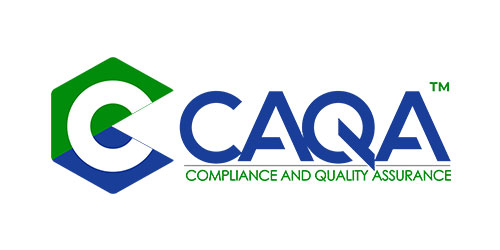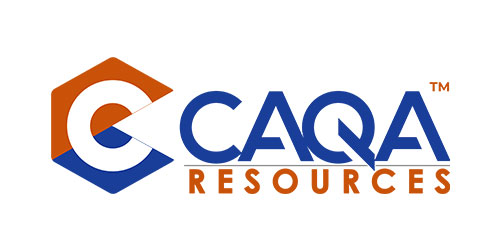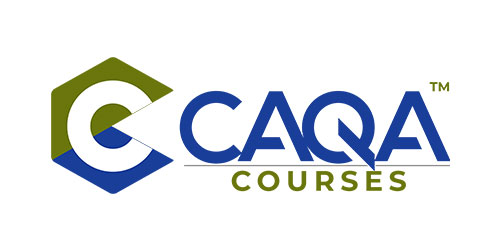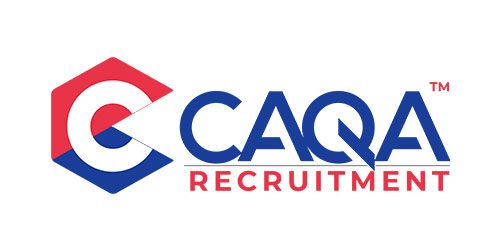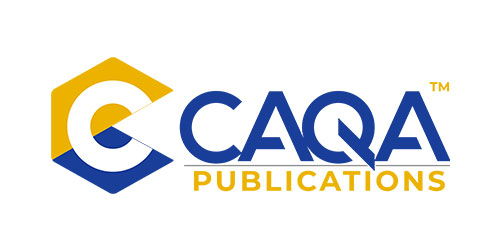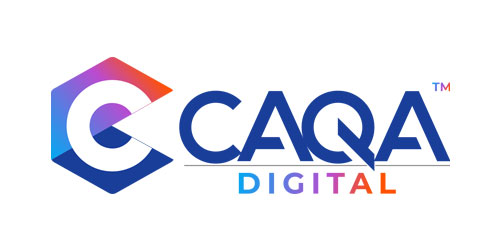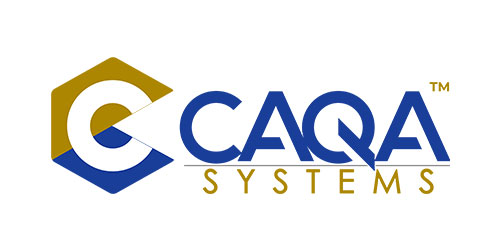
News
Since its establishment in 2011, the Australian Skills Quality Authority (ASQA) has been responsible for regulating the quality of vocational education and training (VET) in Australia. ASQA is an independent statutory authority, governed by a board appointed by the Minister for Education and Training.
One of ASQA’s key functions is to accredit training providers and courses. This means that ASQA has the responsibility for ensuring that all training providers offering nationally recognised qualifications are assessed against a set of quality standards. To do this, ASQA uses a range of mechanisms, including on-site audits and reviews of provider practices and documentation.
When assessing whether a particular provider meets the required standards, ASQA may also take into account the use of third parties. A third party can be an organisation or individual that is not associated with the training provider but provides services to it, such as student support, assessment or delivery of training.
There are a number of benefits to using third parties in training provision. First, it can help to improve the quality and consistency of training provision. This is because the third party will be independently assessed against a set of quality standards, and must meet these standards in order to provide services to the training provider.
Second, using a third party can help to reduce costs for the training provider. This is because the third party may have already met the required standards, and therefore does not need to be assessed by ASQA.
Third, using a third party can help to improve the flexibility of training provision. This is because the third party may be able to provide services to a range of training providers, across different locations and sectors.
Finally, using a third party can help to improve the accountability of the training provider. This is because the third party will be held responsible for meeting the required standards, and any failings will be attributed to it rather than the training provider.
While there are many benefits to using third parties in training provision, there are also some potential risks. First, using a third party can lead to a loss of control over the quality of training provision. This is because the third party may not meet the required standards, or may not be aligned with the values and objectives of the training provider.
Second, using a third party can lead to a loss of access to important resources. This is because the third party may not share the same resources as the training provider, such as staff, facilities or equipment.
Third, using a third party can lead to a loss of knowledge and expertise. This is because the third party may not have the same level of experience or expertise as the training provider.
Finally, using a third party can lead to a loss of independence. This is because the third party may be reliant on the training provider for business, and may be less likely to criticise it or provide negative feedback.
An RTO may use a third party to deliver a VET course only if it has an agreement with the third party (refer to Sections 116 and 117 of the NVR Act). The agreement must:
- the names of the RTO and the third party
- the start and end date of the agreement
- clauses detailing both parties’ obligations, roles and responsibilities of the RTO and the third party for example, under the agreement, making clear that:
- any training and/or assessment is provided in the name of the RTO, not the third party
- the third party cannot advertise any VET courses in its own name
- students are enrolled as students of the RTO, not the third party
- qualifications and/or statements of attainment are issued in the name of the RTO, not the third party
- clauses detailing the obligations of the third party (that is, setting out which party will provide training and assessment materials, resources and facilities)
- the mechanisms through which the RTO will systematically monitor the third party (for example, if the third party is providing the training and assessment materials, resources and facilities), set out:
- how these will be reviewed prior to use across all delivery sites
- how the RTO will ensure that trainers and/or assessors provided by the third party meet the requirements of the Standards for RTOs
- record-keeping procedures for enrolment information and completed assessments
- details of which party will validate completed student assessments
- any obligations (of the RTO or third party) relating to government subsidies or other financial support
- clauses requiring the third party to cooperate with ASQA and provide accurate responses to requests about delivery of services.
An RTO may use a third party to assess a VET course only if it has an agreement with the third party. The agreement must include arrangements for quality assurance, including regular monitoring by the RTO. The third party must also comply with ASQA’s requirements.
ASQA regularly monitors RTOs and their use of third parties to ensure that they are meeting the required standards. If an RTO is not meeting these standards, ASQA can take action, including suspending or cancelling the RTO’s registration.
For more information, please refer to Third party arrangements | Australian Skills Quality Authority (ASQA)
 1800 961 980
1800 961 980 info@careercalling.com.au
info@careercalling.com.au












